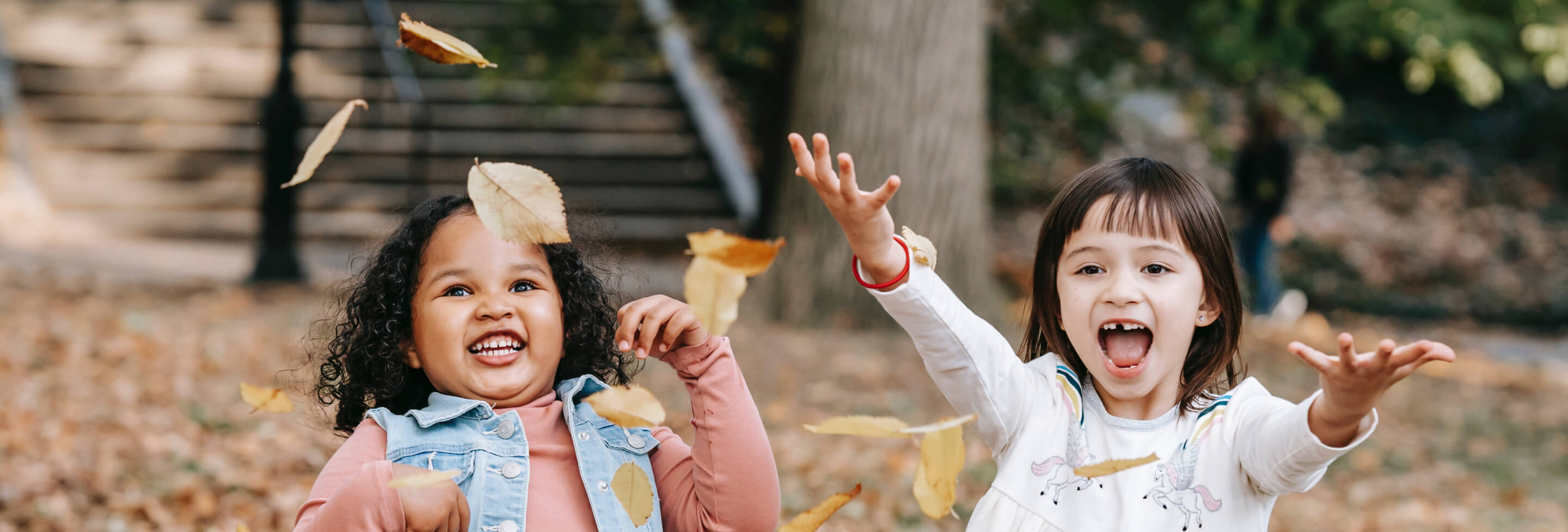Creating the Container for Us: How to Hold Space for Ourselves & Each Other After Student Death
How might we build our skills and visions for how we will come together as staff after student loss? How might we make sense of school-based loss, and how that informs who we are as administrators, educators, clinicians, and youth advocates?
When students die, we understandably and necessarily mobilize to support our surviving students, their peers, and the connected community. We tend to assume, however, that the staff doing that mobilization are ok, and/or we forget to create space to make sense of what just happened (let alone for what happened months ago, or even years ago).
The task of creating and holding space for the adult staff in a school, system, division, or organization after a student death is one that we, as administrators, staff, and school leadership, rarely get support with. Join SCRR for a dynamic session on how to facilitate space-holding for educators after a student dies, & the role of collective rituals in processing.
Participants will learn how to organize a gathering and the ins and outs of holding space: from how to structure a gathering to how to care for yourself and others to what to do when things go awry. You’ll also have a chance to experience a space for educator communal care firsthand and to share and reflect on your own experiences of loss and life after.
Become a NACG member today! Your membership will provide access to free monthly webinars with CEs on current topics to support you in your work, discounts on educational events, access to all webinar playbacks, and more. To learn more and become a member to access this webinar for no additional cost, visit HERE →
Continuing Education (CE) credits are not available for webinar playbacks.
Target Audience: Counselors, Social workers, Bereavement support professionals
Instructional Level: Basic – This best describes a topic or issue that the prospective audience is encountering for the first time in a meaningful way.
Format: Live Interactive Webinar
Objectives:
After attending this webinar, participants will be able to:
- Hold space for educators to connect and share about what it means to teach, lead school sites or systems, and provide school services after the death of a student or alum.
- Identify approaches that create intentional, peer-led spaces for educators to engage in conversation around their experience with death-related, school-based losses as a means towards healing.
- Explore evidence-based research on the specific impact of engaging in rituals collectively as opposed to individually.
- Engage in reflective practice that in itself allows you to better lead your community and team.
Speaker Bios:
Leora Wolf-Prusan, EdD, serves as the Project Director for the School Crisis Recovery & Renewal project and as the School Mental Health field director for the Pacific Southwest Mental Health Technology Transfer Center (MHTTC), in addition to many other facilitation projects. Previous roles include a national field director of a SAMHSA initiative (ReCAST) and technical assistance for the Student Mental Health Program for California’s Community Colleges, CalWORKs, and more. With years of training and facilitating learning and community building in schools p-16, Wolf-Prusan is skilled in facilitation, human learning design, training, and coaching. Wolf-Prusan is dedicated to work focused on educator mental health, wellness, and trauma-informed approaches to education and operates through a framework in which public health, social work, and education intersect. Her research examined the impact of student death on teachers, what factors contribute to teachers building resiliency, and what supports teachers need from the school system in the event of a student homicide or other traumas. She received a BA in international relations and a BA in Spanish with a minor in Social & Ethnic Relations from the University of California, Davis; a teaching credential from Mills College; and an EdD in educational leadership from UCLA.
Oriana Idea, MA, LPCCI, PPS, is the School Mental Health Training Specialist at CARS, who approaches healing the wounds of trauma and oppression as core elements of social justice. She has worked with young people across life course from elementary school to college, and has served as teacher-leader, school counselor, classroom educator and program director. She is committed to generating equity within school structures and policies by focusing on evidence-based mental health techniques and institutional design.

Supported by the philanthropic investment
of the New York Life Foundation.
This playback is available to active NACG members only.

